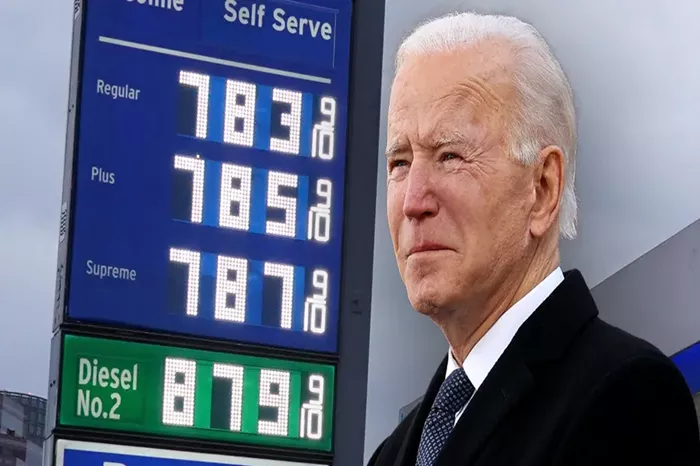The upcoming US presidential election is shaping up to be heavily influenced by economic factors, with inflation and the state of the economy ranking as top concerns among voters. Central to this economic landscape is the persistent issue of petrol prices, which intersects crucially with presidential politics and the global oil market.
Just two months ago, global oil prices surged above $90 a barrel amid fears of escalating tensions between Israel and Iran. However, these geopolitical pressures eased, and supply disruptions were minimal despite challenges like sanctions on Russian oil trade and maritime security threats. Concurrently, weaker-than-expected demand and high interest rates have tempered consumption, while the influx of US oil production continues unabated at 13.2 million barrels per day.
Recent developments have seen Brent crude prices stabilize around the mid-$80s after OPEC+ decided to extend production cuts into the foreseeable future starting from October. Nevertheless, the market remains volatile, with potential spikes anticipated as summer demand peaks, geopolitical tensions simmer, and the threat of Gulf Coast hurricanes looms large.
Historically, incumbents face scrutiny over rising petrol prices, despite limited direct influence, prompting administrations to take action. The Biden White House has notably tapped into the Strategic Petroleum Reserve more aggressively than predecessors, starting in November 2021 to counteract escalating prices exacerbated by post-Covid economic rebounds and the Ukraine conflict. While over 40% of the reserve has been depleted, recent efforts have seen gradual replenishment.
In response to ongoing market pressures, the administration considers various strategies. These include additional releases from the SPR, engaging with Saudi Arabia to enhance oil supply, and potentially adjusting petrol production and distribution regulations. However, proposals to restrict petrol exports face criticism for potentially jeopardizing US energy reliability.
With national petrol prices hovering around $3.45 per gallon, concerns mount as prices approach $4, a threshold that historically escalates political tensions. As the Biden administration navigates these challenges amidst broader economic anxieties, mitigating petrol costs remains a pivotal priority heading into the election season.
Related topics:
Fuel Prices for June 24, 2024: Latest Petrol and Diesel Rates Announced
Petrol and Diesel Prices for June 21, 2024: Latest Updates and Impact
Taxes Account for Significant Portion of South Africa’s Petrol Prices

